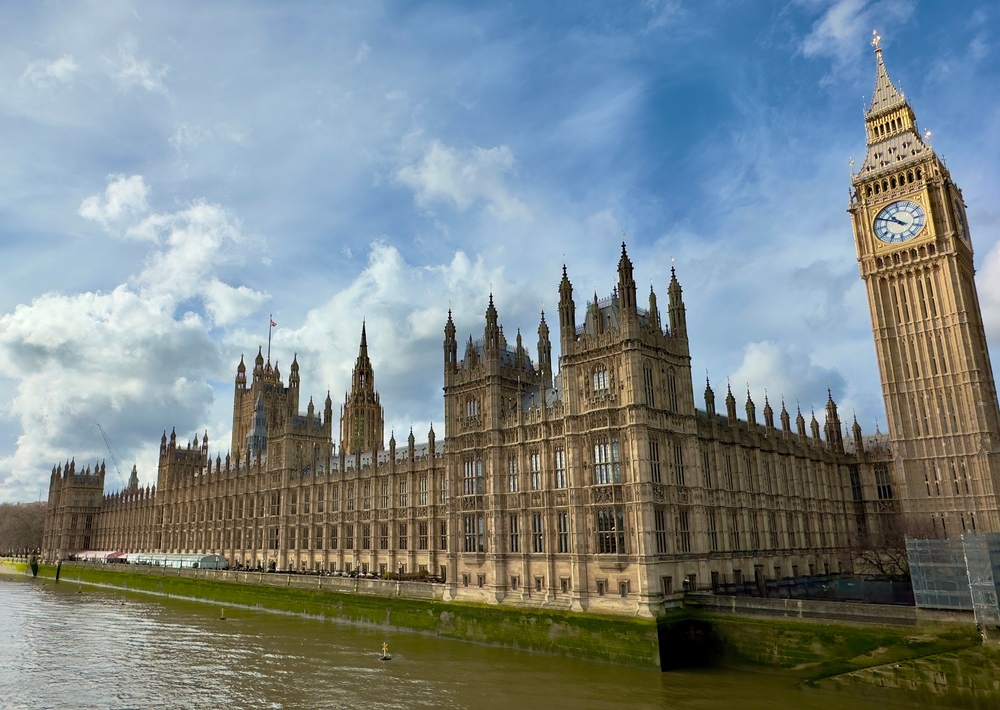Boris’ resignation. What does it mean for the Renters Reform Bill 2022 & new rules for rentals?
The Renters’ Reform Bill was revealed by the UK Government in June detailing big changes to come for landlords and tenants, however with the vast number of MP resignations and Boris agreeing to go, will we see this legislation become law?
This legislation was written up and intended to give tenants more security and control in their homes. 2.8 million citizens are paying rent for homes that are not classed as fit for purpose in this day and age.
If you’re thinking of moving, renting or buying, and want some home inspiration take some time to browse our properties available in Virginia Water and the surrounding areas. If you have any questions, you can also visit our award-winning website or call us on 01344 843000 and email us.
Forming part of the government’s latest white paper titled ‘A fairer private rented sector’ the bill is said to be the biggest shake-up of the rental sector for decades and aimed at levelling up housing quality in the UK. Below we share some of the important questions you may be asking as a landlord or tenant. While this is currently being reviewed in government (and Mr Johnson has said any changes will need to wait for the next Prime Minister, which is likely to be September) we’ll have to wait and see what the new Government has in store later this year, and what changes they’ll make to this bill.
What is the Renters Reform Bill?
First proposed in April 2019 by Theresa May, the bill was created in a bid to remove some of the uncertainties tenants face in privately rented properties and also give landlords the support and confidence they need to be able to provide a decent home for their tenants. Three years on, with a pandemic in-between, the announcement was included in the May 2022 Queen’s Speech, with Prince Charles promising to strengthen the rights of tenants. This was shortly followed by the government proposed legislation, this bill will make its way through parliament before coming into law, sometime in the near future.
What are the key legal changes proposed for private rentals?
Abolishment of section 21 evictions – Often called no fault evictions, plans to remove the clause from the Housing Act 1988 will allow more security and rights for tenants and aims to empower tenants to challenge poor practice, unfair rent increases and sudden unreasonable requests, without fearing retaliatory eviction. All landlords will have support on how to comply with their responsibilities and if necessary repossess their home in a fairer way.
New mandatory Ombudsman – A single government approved Ombudsman will provide a new platform for landlords and tenants to settle disputes quickly outside of courts with the Ombudsman having the power to put things right for the tenant, aiming to give tenants access to fairer resolution to many issues. Ombudsman membership will be mandatory for landlords. All landlords will have support on how to comply with their responsibilities and if necessary repossess their home in a fairer way.
Stop blanket bans on tenants with families, on benefits or with pets – Many landlords began to put a blanket ban on who they rented to as new rules and regulations came in. This made it harder for people with children, on benefits or with pets to retain or find new properties, with many fearing homelessness. To cut down on this and make a more positive rental experience for many it will be made illegal for a landlord to blanket ban tenants that they feel are less desirable based on their personal circumstances. Landlords will not be able to refuse requests unless they have a reasonable objection, what counts as a reasonable is yet to be defined.
Improve living standards – The government’s ambition in the latest bill is that all private rentals must provide tenants with a safe and secure home that does not have any serious health and safety hazards, provides adequate facilities for cooking and personal hygiene, noise reduction measures, heating and be warm and damp-free.
Changes to rent increases and rent in advance – The bill aims to end the use of rent review clauses preventing tenants from being locked into automatic rent increases and only allow rent to increase once per year. Landlords will also have to give 2 months’ notice of any rent change – this is to support tenants with managing their increasing cost of living and to afford to remain in their rental. The plans will also limit the amount of rent that can be asked for in advance as for most tenants this will be unaffordable.
The Government white papers are all available to read on the .gov.uk website along with updates on Parliament. If you have any questions or worries about your rental property, a member of our expert team would be happy to advise where they can. You can call us on 01344 843000 or email us.
GET IN TOUCH
If you are thinking of moving in or out of the area, make sure you take a look at our amazing catalogue of properties for sale in Virginia Water and the surrounding areas. If you’d like to speak to someone about properties to let in Virginia Water, a member of our expert team would be happy to help. You can call us on 01344 843000 or email us. You can also follow us on Facebook, Twitter, Instagram, and LinkedIn.






